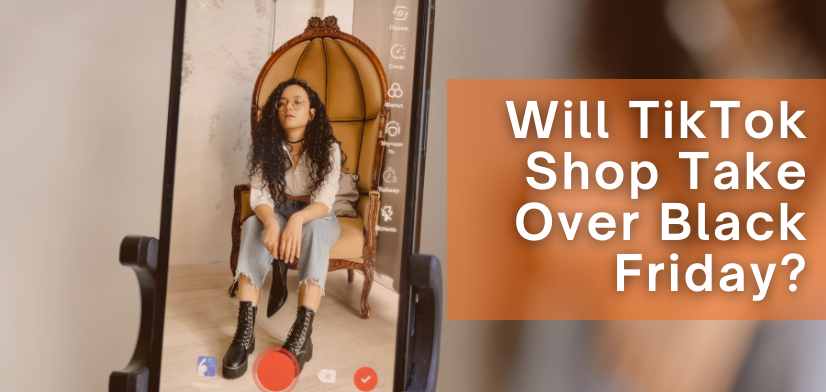Will TikTok Shop Take Over Black Friday?

TikTok Shop is shaking up Black Friday with massive discounts and enticing deals.
As the holiday season approaches, the battle for shoppers’ attention and dollars is intensifying. The emergence of TikTok Shop is posing a challenge to established players. TikTok is set to subsidize discounts of up to 50% for sellers, aiming to capture the wallets of U.S. shoppers this holiday season. This move is poised to reshape the Black Friday landscape and potentially disrupt the status quo of online shopping. Does TikTok have what it takes to take over Black Friday?
The holiday shopping season isn’t just crucial; it’s make-or-break for retailers. Black Friday and Cyber Monday are two of the biggest shopping events in the United States. In 2022, shoppers spent more than $20 billion online during this period, highlighting the real potential of the holiday market. With over 150 million active users, TikTok is gearing up to make its mark this season.
Holiday Discounts
In late October, TikTok kicked off the holiday season with steep holiday discounts. A slew of discounts, promotions, and a compelling value proposition for sellers and shoppers characterizes TikTok’s entry into the holiday shopping scene. The platform launched its Black Friday program, running from October 27 to November 30, with a range of subsidies aimed at attracting sellers.
TikTok stands out with its affordability, sourcing many products directly from China, allowing for competitive pricing. Building anticipation for the official shopping tab launch, TikTok has already spoiled shoppers with complimentary shipping and discounts reaching up to 20%, giving shoppers a taste of what’s to come.
The platform’s marketplace is designed to emphasize pricing, displaying discounts prominently and offering features like “Today’s Deals.” Users can even embed product tags within their videos, making products accessible with the tap of a button.

Black Friday-specific deals kick off at 8 p.m. EST on November 23, followed by Cyber Monday discounts from November 28 to November 30.
TikTok represents a significant challenge to established e-commerce giants. With its substantial user base and affordability, TikTok aims to capture a significant portion of the market.
Amazon is incorporating short videos into its platform, drawing inevitable comparisons to TikTok’s model. TikTok’s influence extends beyond the holiday season, as competitors are implementing similar features. Others may copy this strategy of major discounts. Leading to an intense price war during Black Friday and Cyber Monday, which benefits consumers but will challenge retailers’ profit margins.
